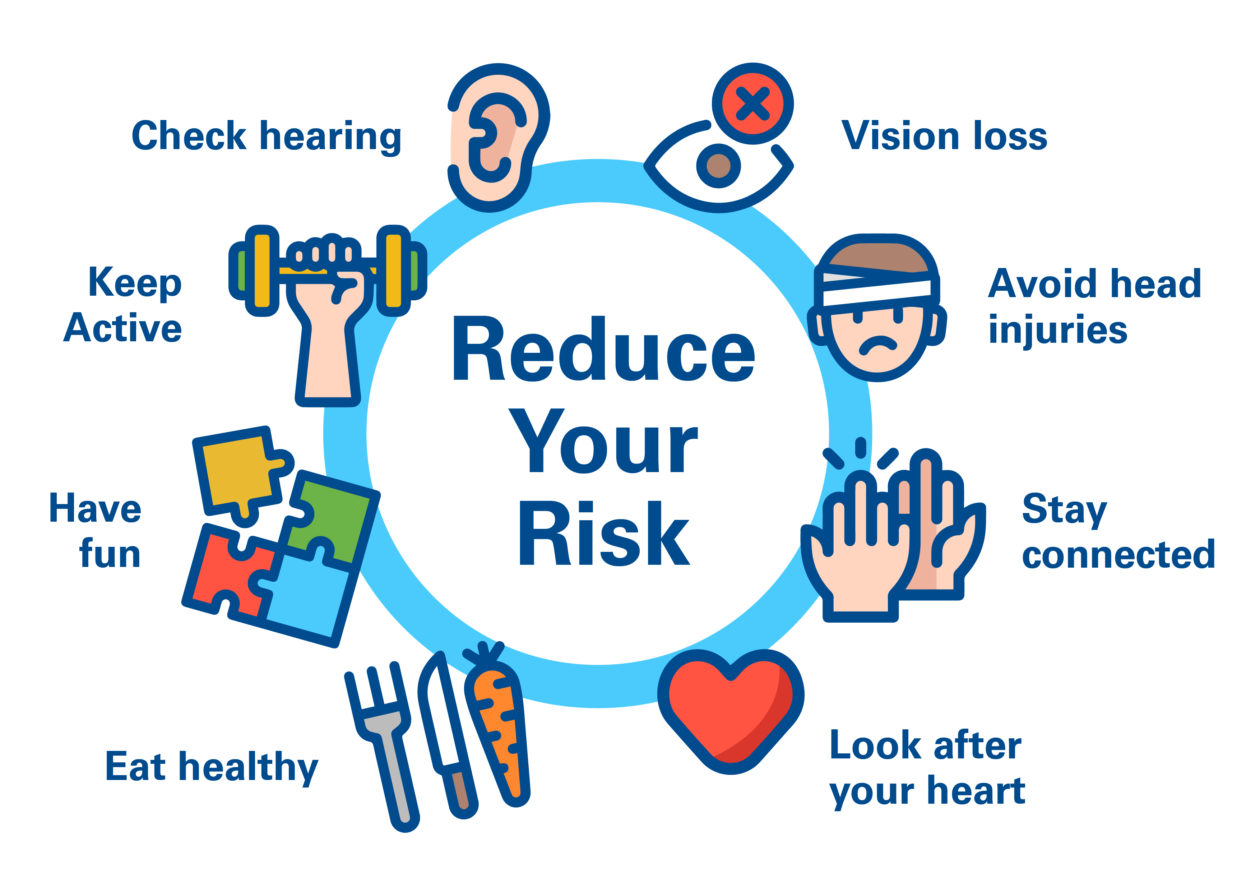

Neuroscience has recently gained deeper insights into the mechanisms of memory, now indicating that memory can be enhanced and safeguarded through specific, evidence-based practices that affect the brain on both cellular and behavioral fronts.
Studies in cognitive psychology also demonstrate that active recall and spaced repetition improve long-term retention by strengthening neural pathways instead of depending on passive review. Simultaneously, certain medical research points out the significant effect of physical health on cognitive performance: Consistent aerobic exercise increases blood circulation to the hippocampus, omega-3 fatty acids aid in preserving neuronal health, and sufficient sleep is essential for consolidating new knowledge.
Collectively, these insights indicate that memory is not just a cognitive ability, but rather a representation of overall brain health, influenced by our methods of studying, nutrition, sleep patterns, and physical activity. Grasping these processes enables anyone to foster a sharper, more resilient memory, whether aiming to master new material or sustain cognitive vitality.